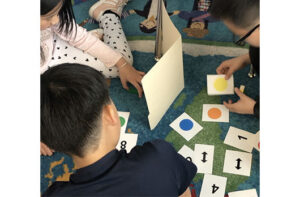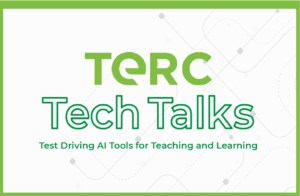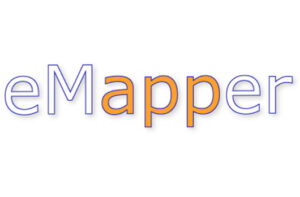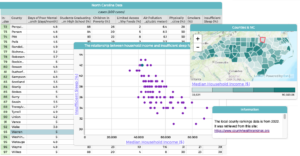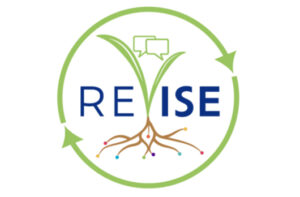Is My Game OK Dr. Scratch? Exploring Programming and Computational Thinking Development in Student-Designed Games
Troiano, G., Snodgrass, S., Argimak, E., Robles, G., Smith, G., Cassidy, M., Tucker-Raymond, E., Puttick, G. and Harteveld, C.
Proceedings of the 18th ACM International Conference on Interaction Design and Children, pp. 208-219, Boise ID
Summary
Computational thinking (CT) is key to digital literacy and helps develop problem-solving skills, which are fundamental in modern school. As game design shows potential for teaching CT, metrics like Dr. Scratch emerge that help scholars systematically assess the CT of student-designed games, particularly with Scratch. Compared to other CT metrics, Dr. Scratch scores the CT of Scratch projects automatically and can be used to describe CT development. However, previous research using Dr. Scratch summatively assessed CT, but did not look at CT development. We use Dr. Scratch to assess the CT development of Scratch games designed by 8th-grade students in STEM curricula. We show how CT proficiency in student-designed games develops differently in each CT dimension, where parallelism, synchronization, and logic develop proficiently, while developing abstraction seems hard. We discuss insights into game-based CT development for STEM, and suggest improvements for metric-based CT assessment.

Related People:
Michael Cassidy and Gillian Puttick


